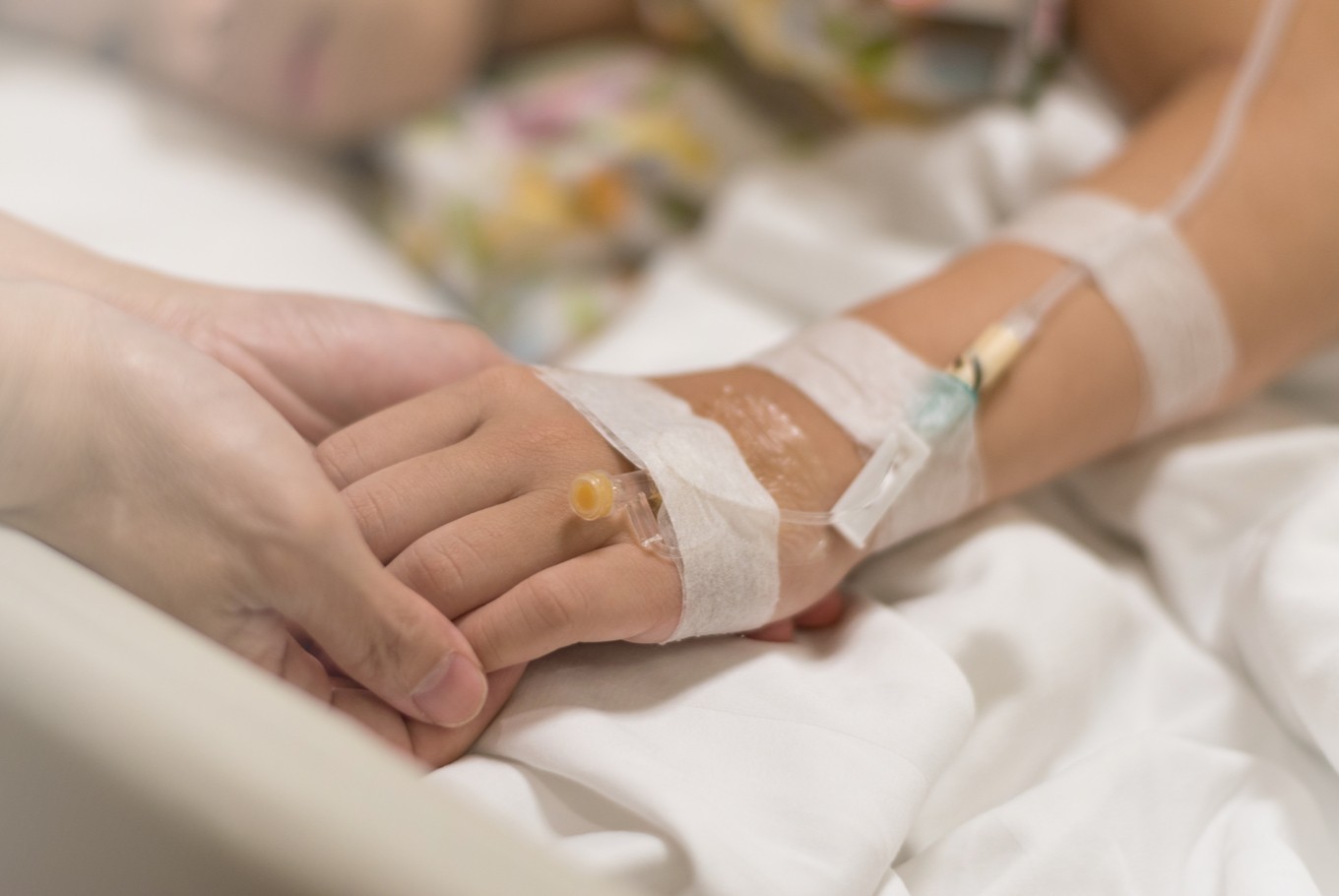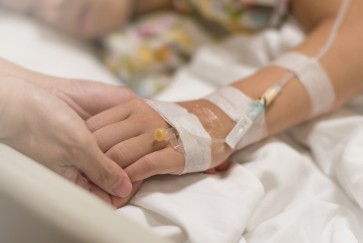Popular Reads
Top Results
Can't find what you're looking for?
View all search resultsPopular Reads
Top Results
Can't find what you're looking for?
View all search resultsHealth inequity persists after 75 years of independence
Many Indonesians are still at a disadvantage in accessing health services, even as Indonesia celebrates its 75th year of independence this year.
Change text size
Gift Premium Articles
to Anyone
“Documenting 75 years of resilience” is a series of special reports by The Jakarta Post to celebrate Indonesia’s Independence Day, August 17, 1945.
Many Indonesians are still at a disadvantage in accessing health services, even as Indonesia celebrates its 75th year of independence this year.
The poorest section of the population still has the highest percentage of people who do not get treatment when they are sick, leaving their health needs unmet, according to Statistics Indonesia (BPS).
“This can be caused by various things, such as having no money to pay medical bills or transportation costs, having no means of transportation or because of the long waiting time for services [that makes it] hard for them to get treatment,” BPS said.
A 2017 World Health Organization (WHO) and Health Ministry joint report found that the poorest have the lowest basic immunization coverage, highest infant mortality rate and the highest malaria prevalence compared with other economic groups, among a slew of other vulnerabilities.
Healthcare access remains Java-centric
But low-income communities are not alone in facing difficulties in accessing health services.


















